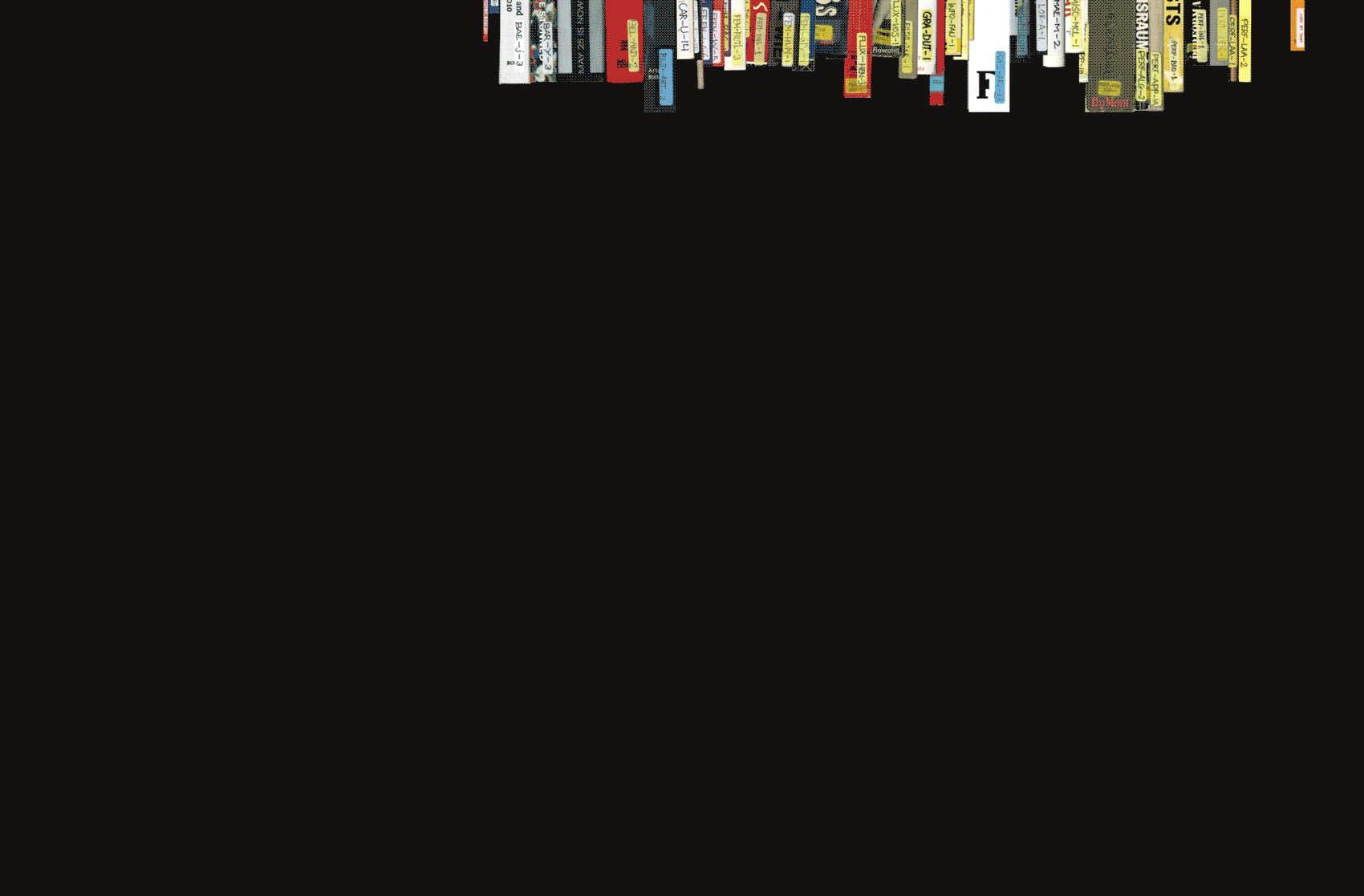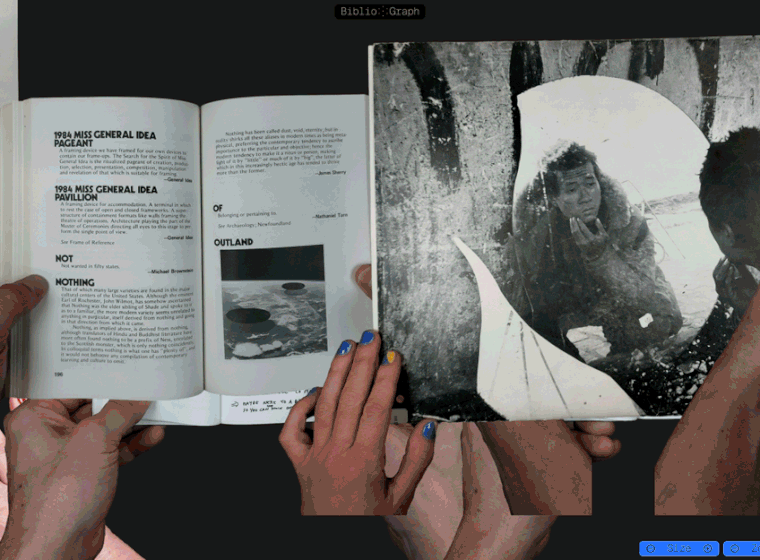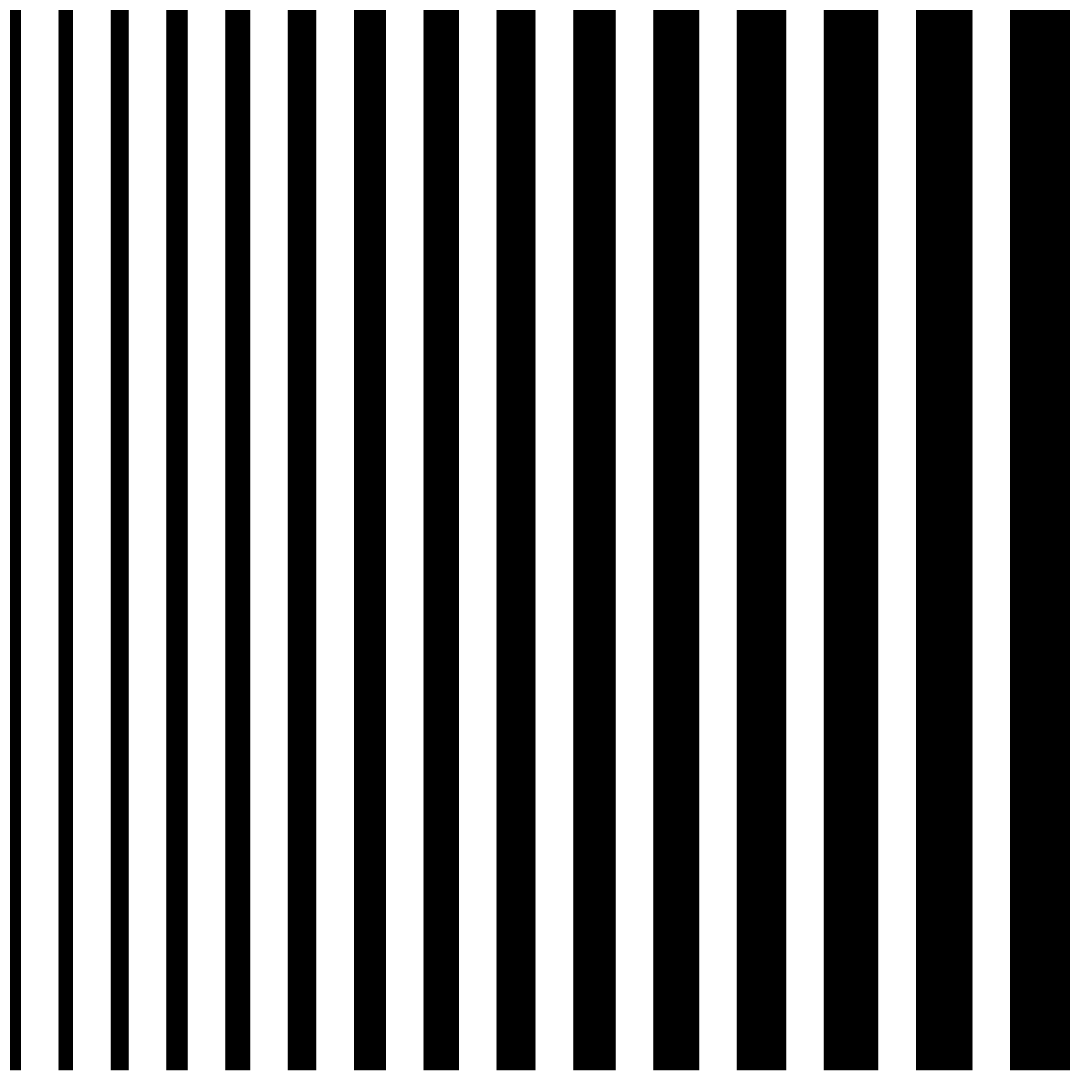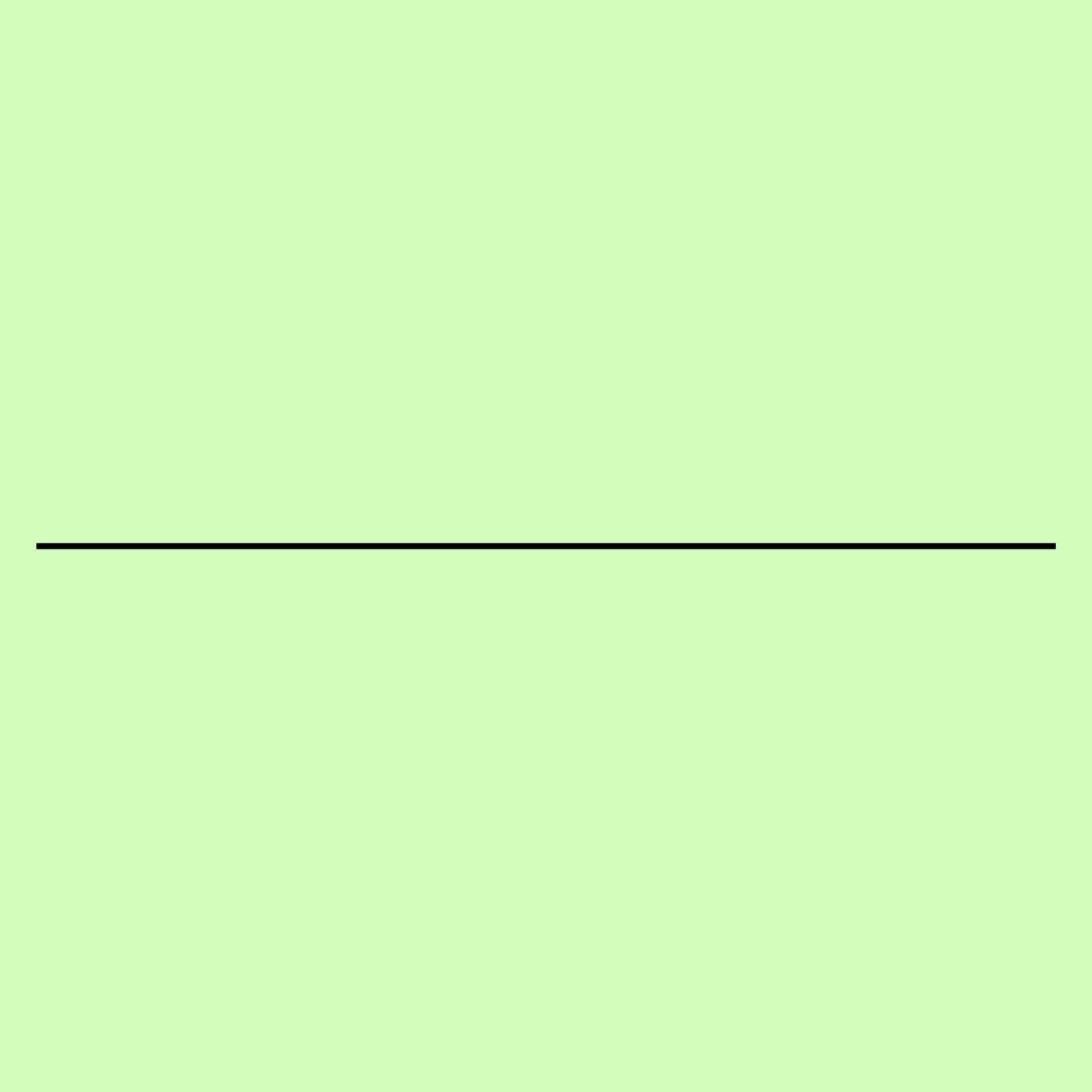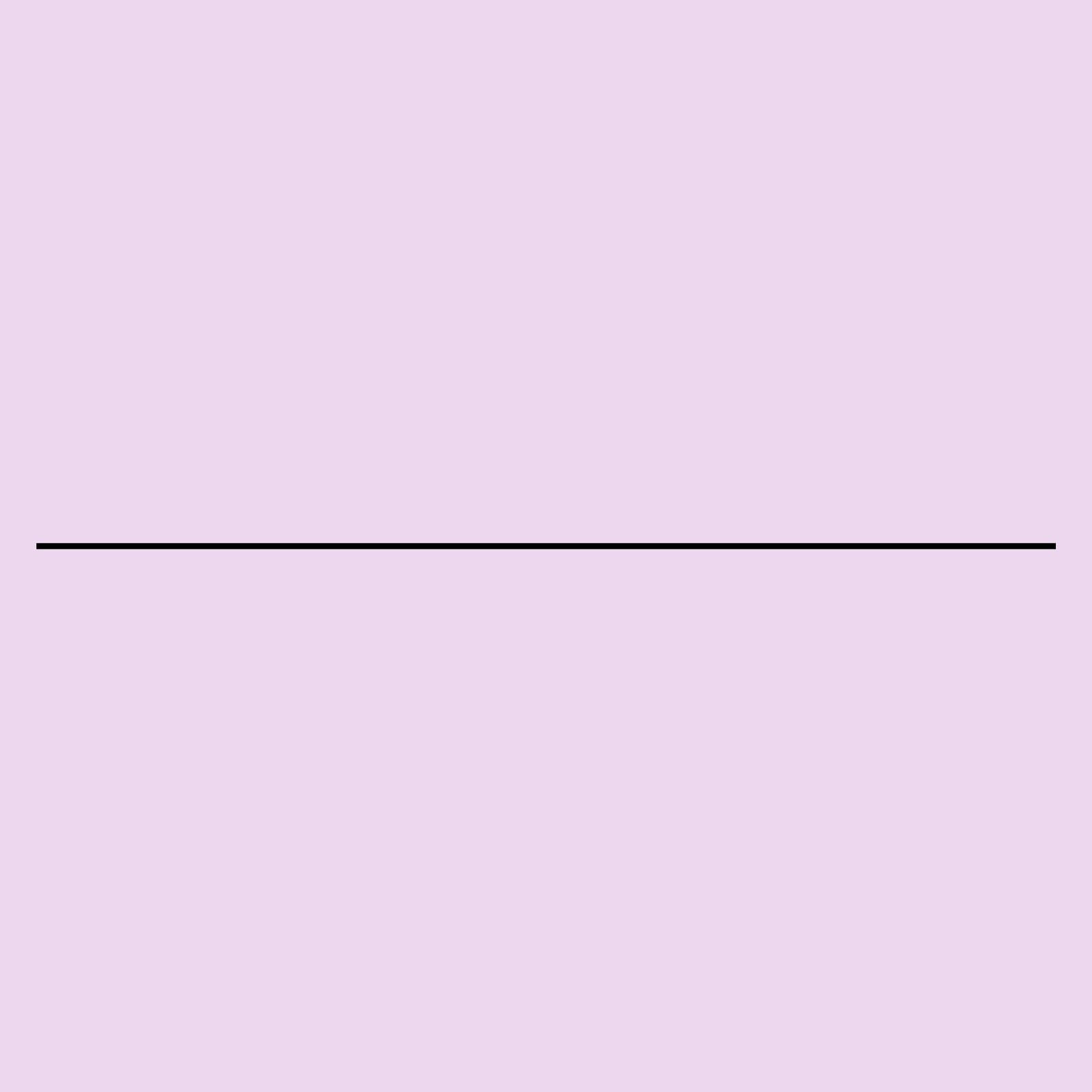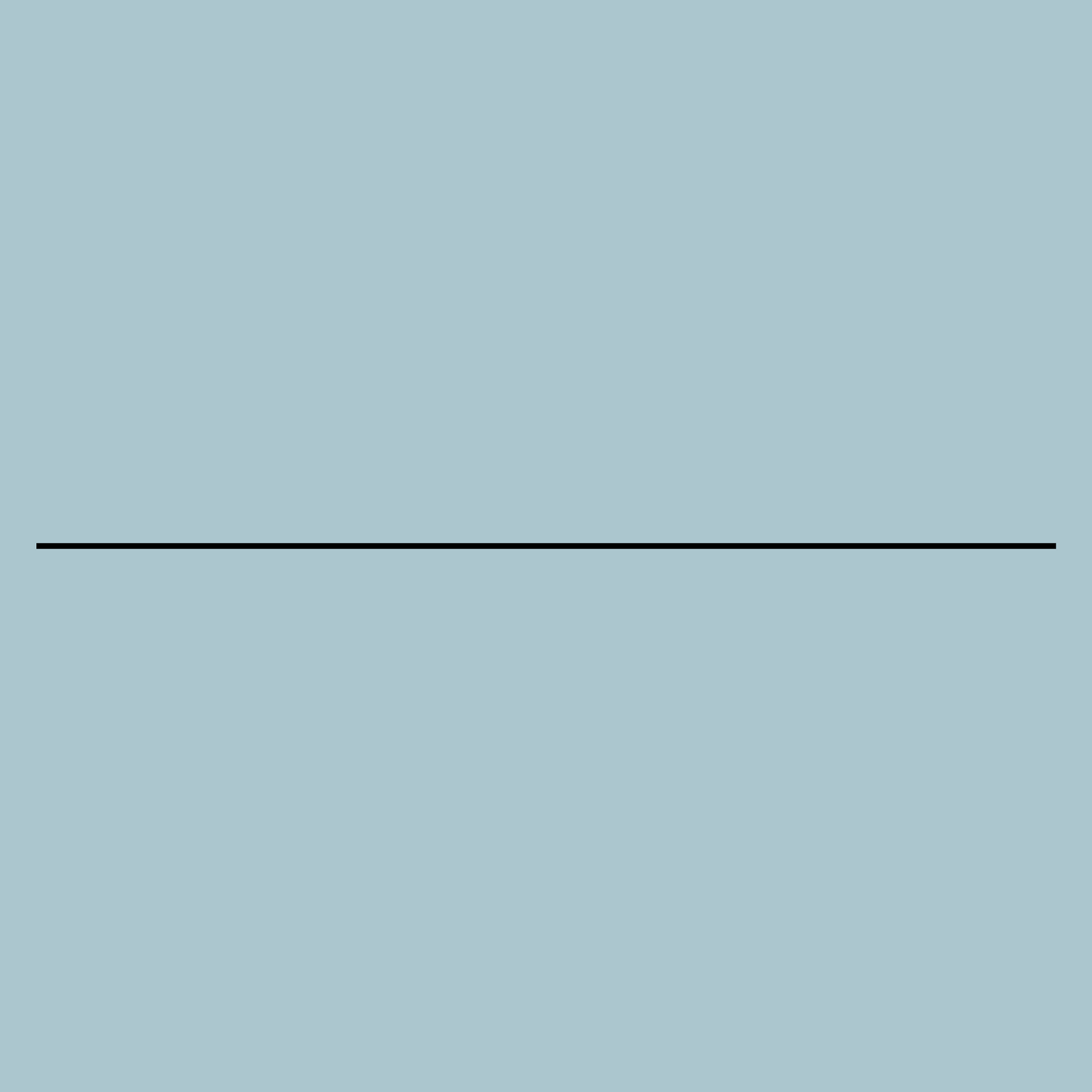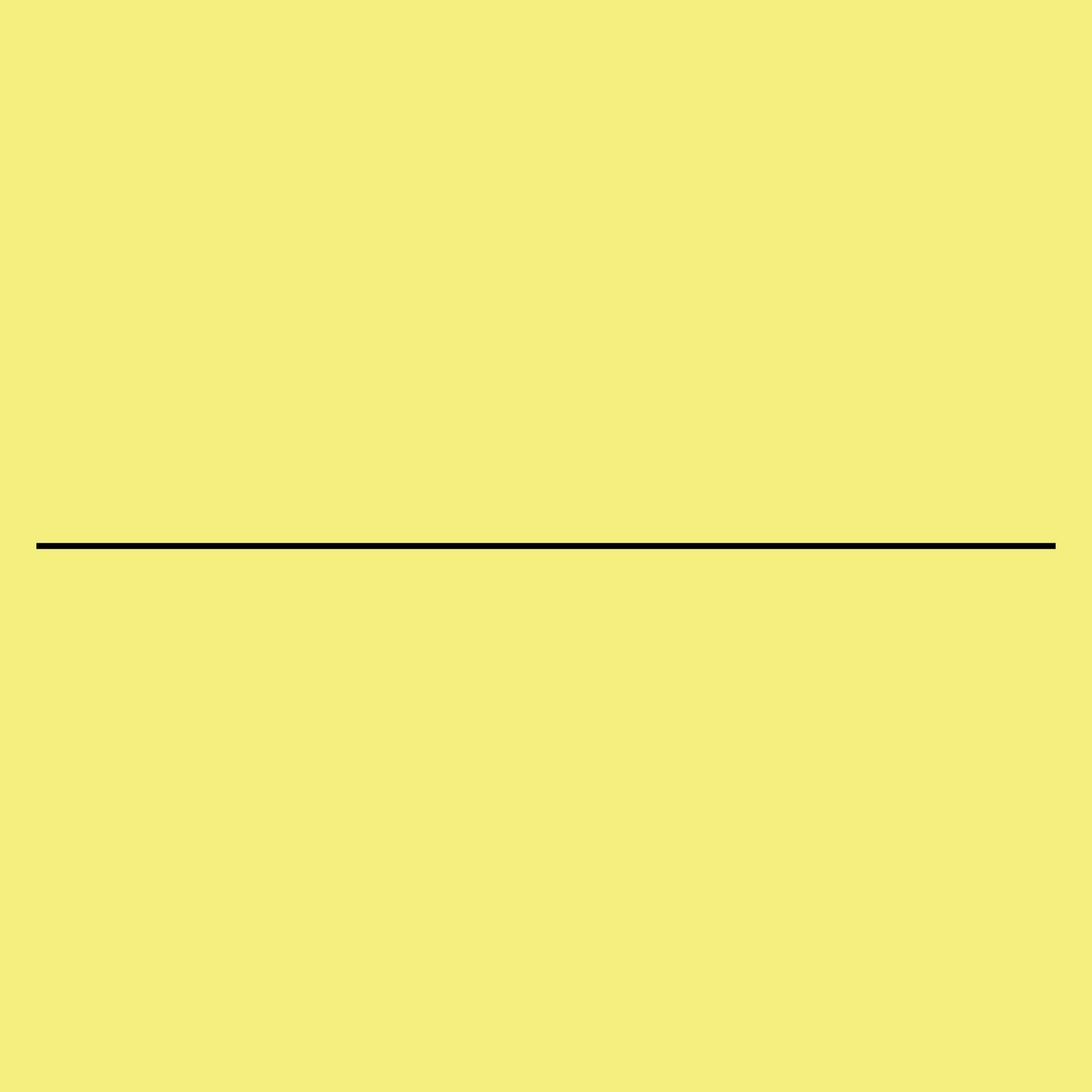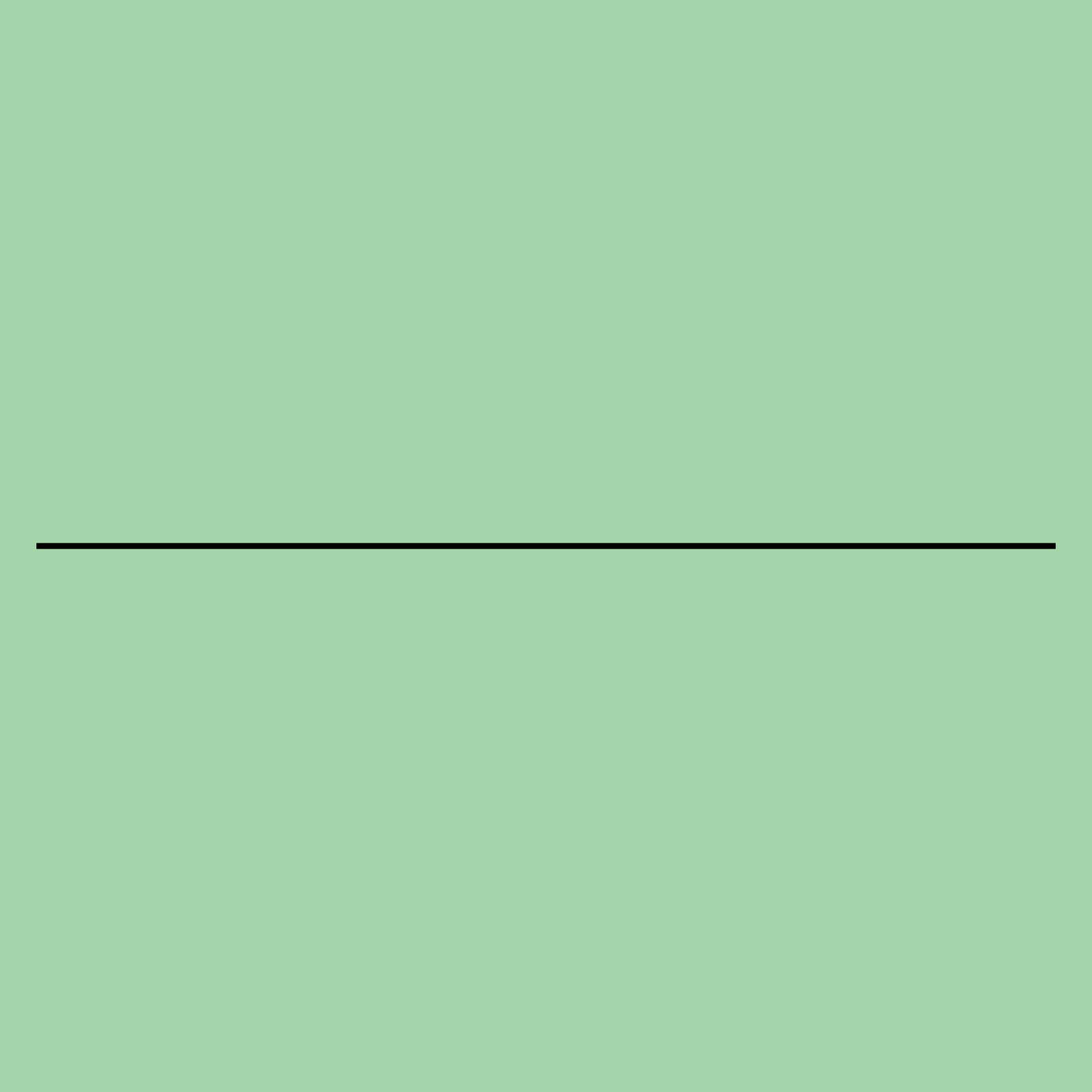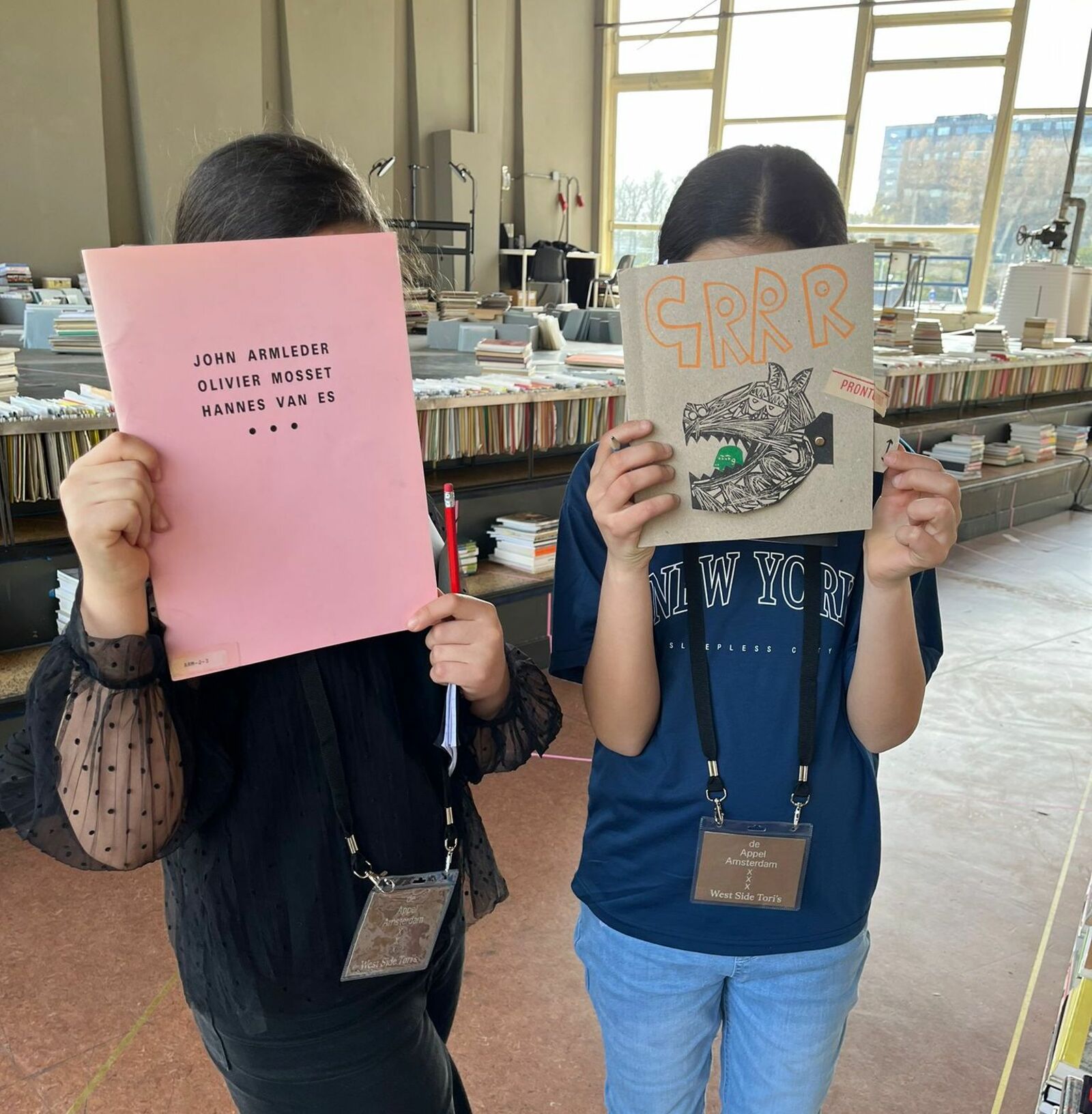Artistic Research or Research as Fine Art: Lessons of Kafka's dog
Seminar with Aaron Schuster
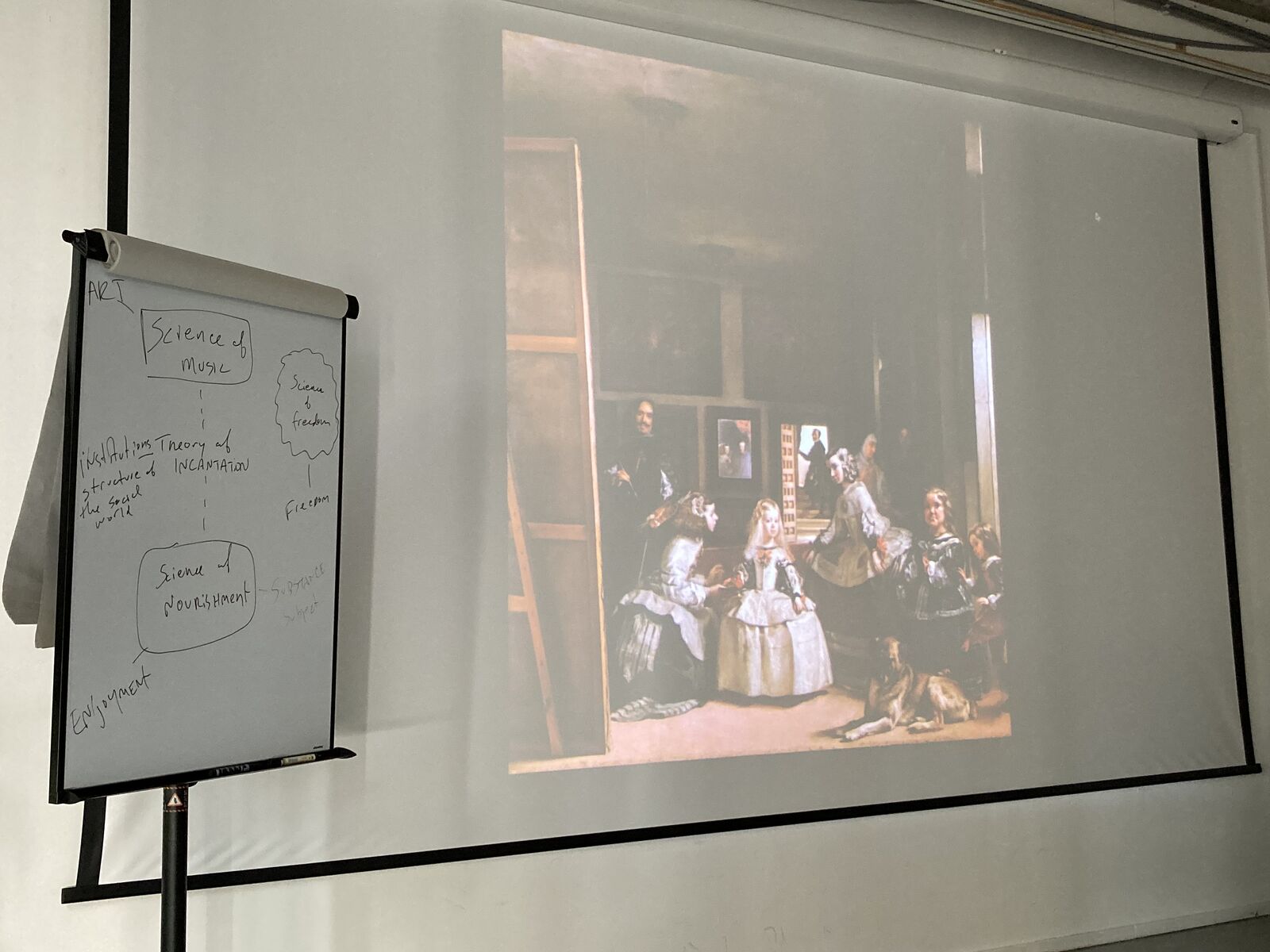
Session 1: How to Research Like a Dog
May 7 2022.
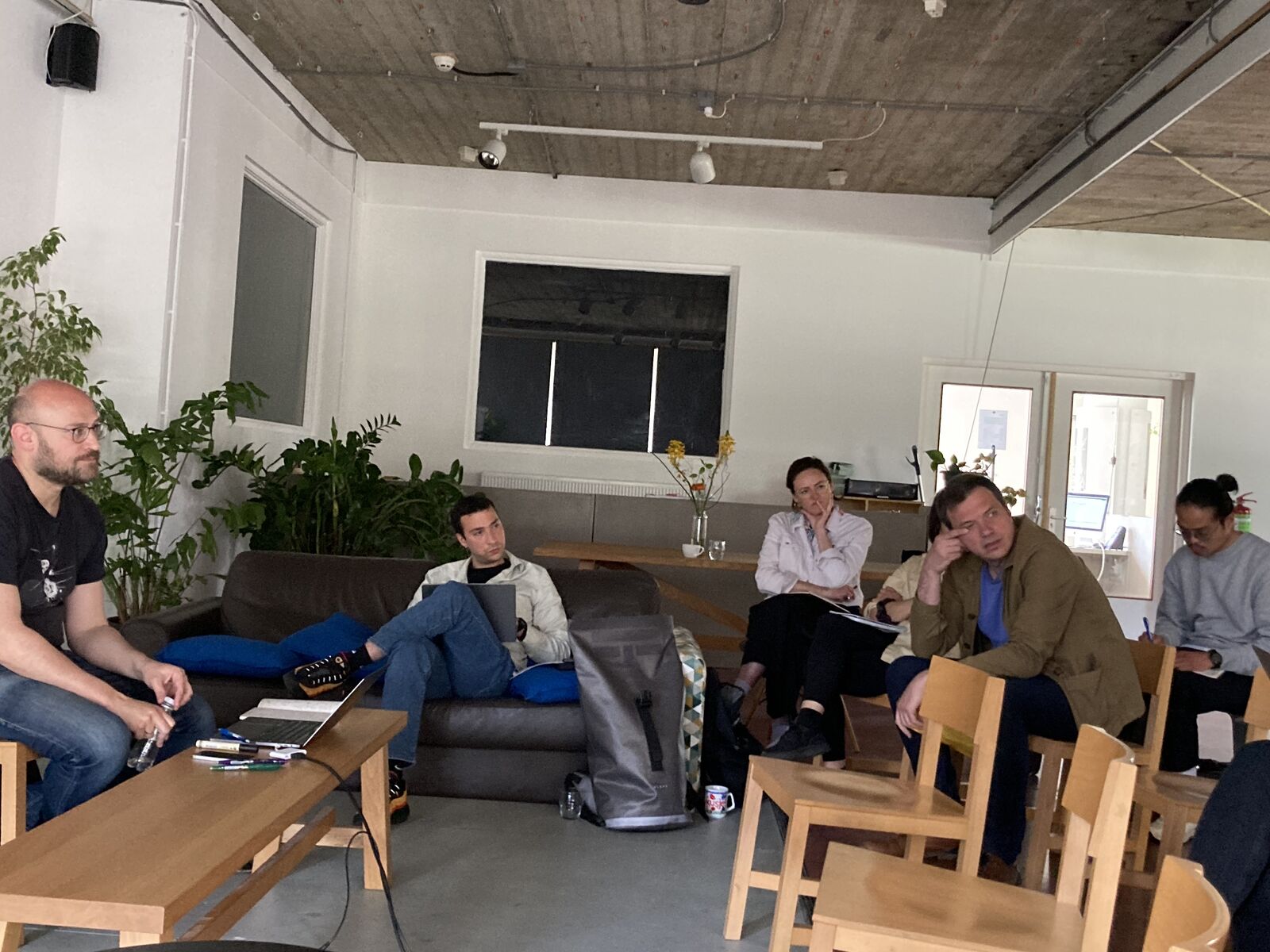
Session 1: How to Research Like a Dog
May 7 2022
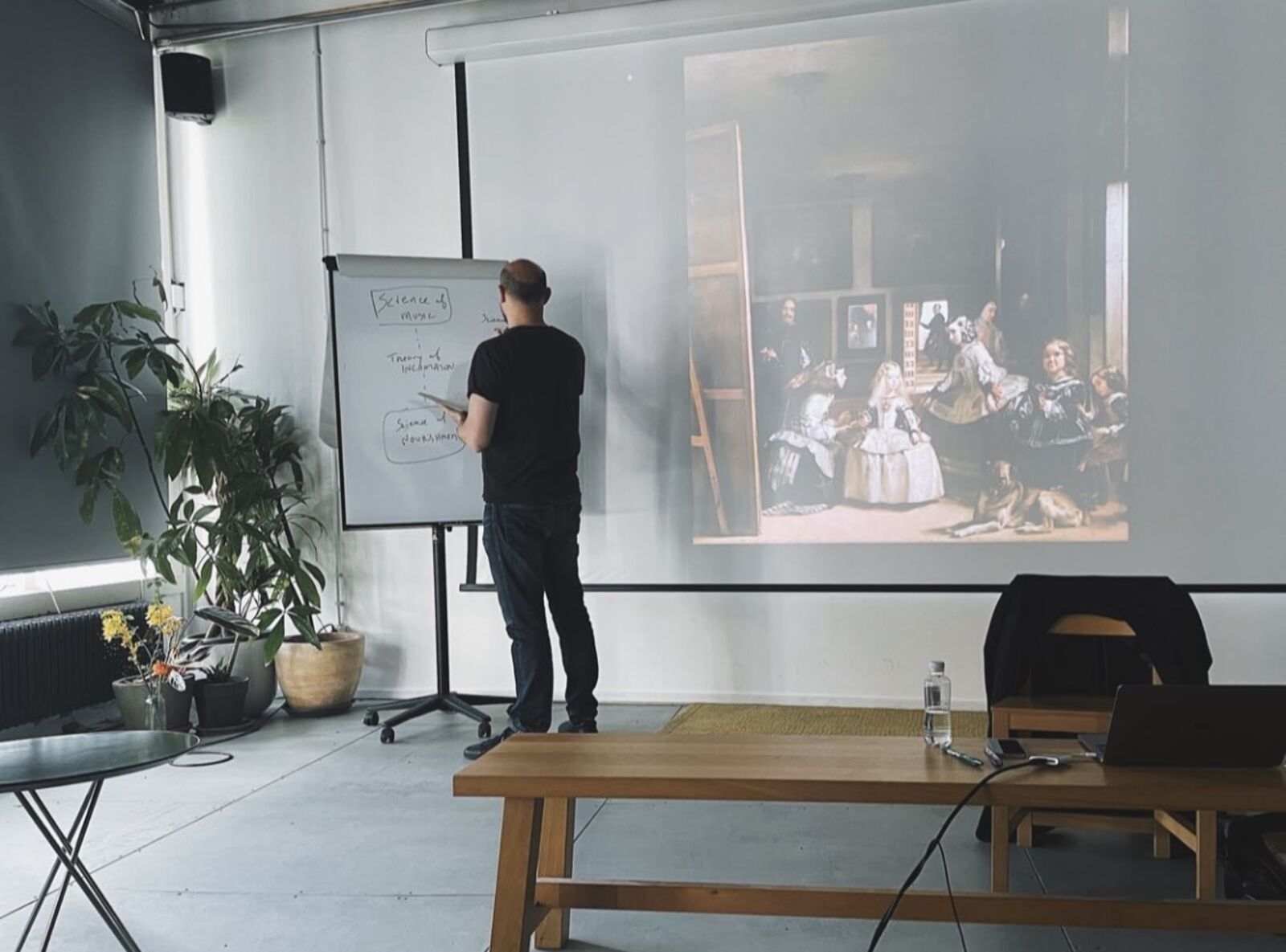
Session 1: How to Research Like a Dog
May 7 2022
photo: Marija Cetinic
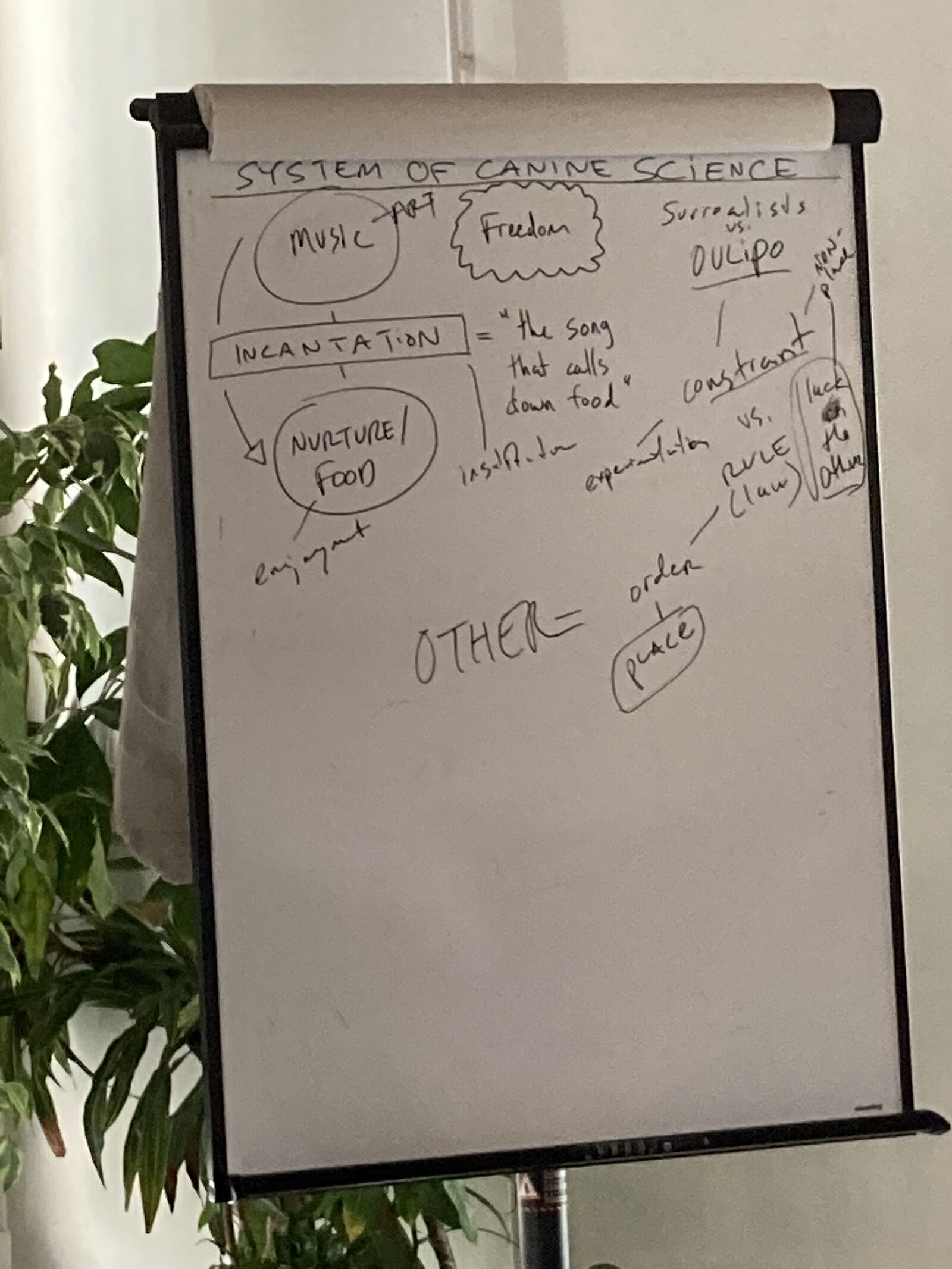
Session 2: Institutions and Critique, or The Theory of Incantation
May 21 2022
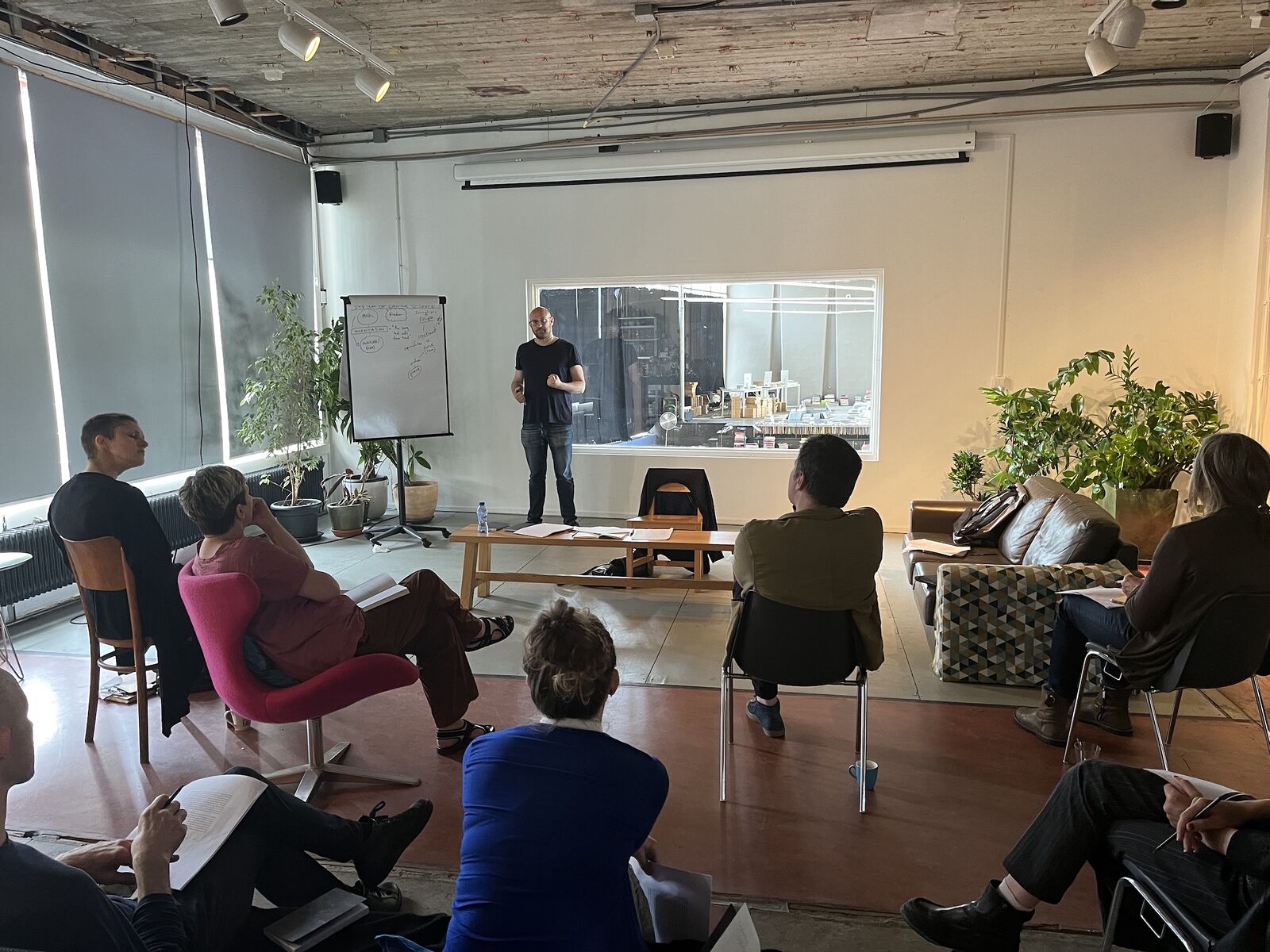
Session 2: Institutions and Critique, or The Theory of Incantation
May 21, 2022
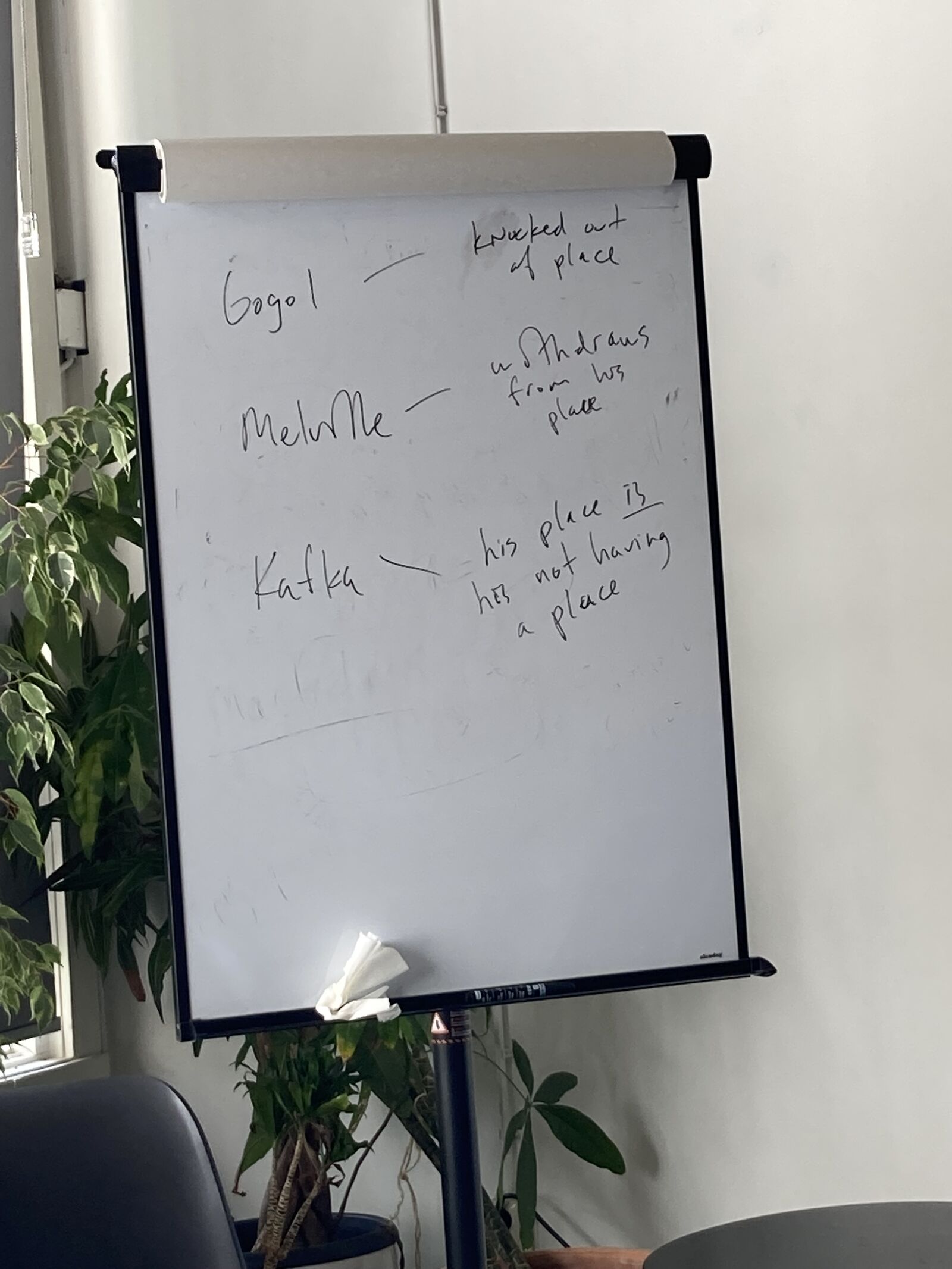
Session III: From the Comedy of Offices to the Office Comedy
May 28 2022
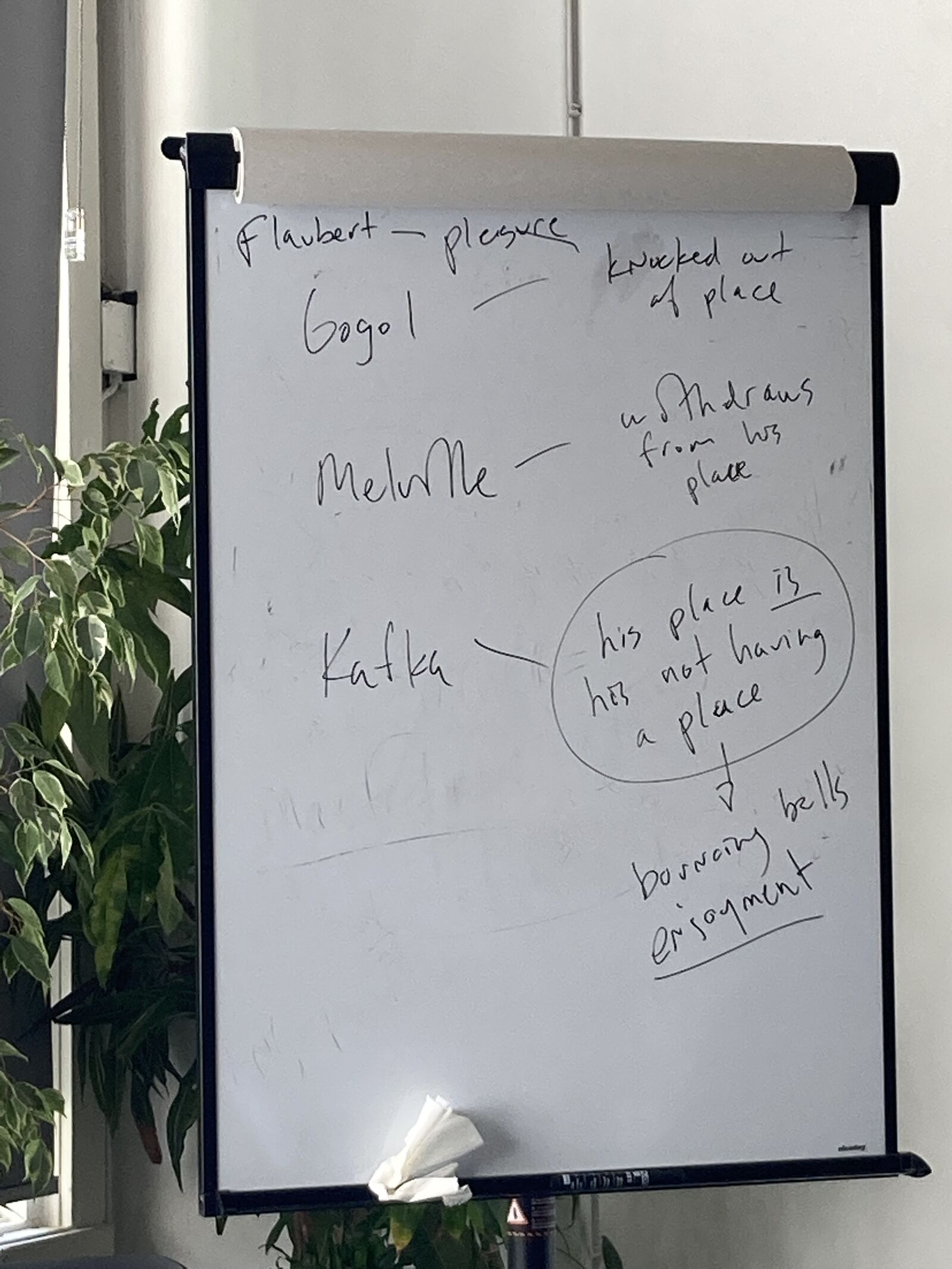
Session III: From the Comedy of Offices to the Office Comedy
May 28 2022
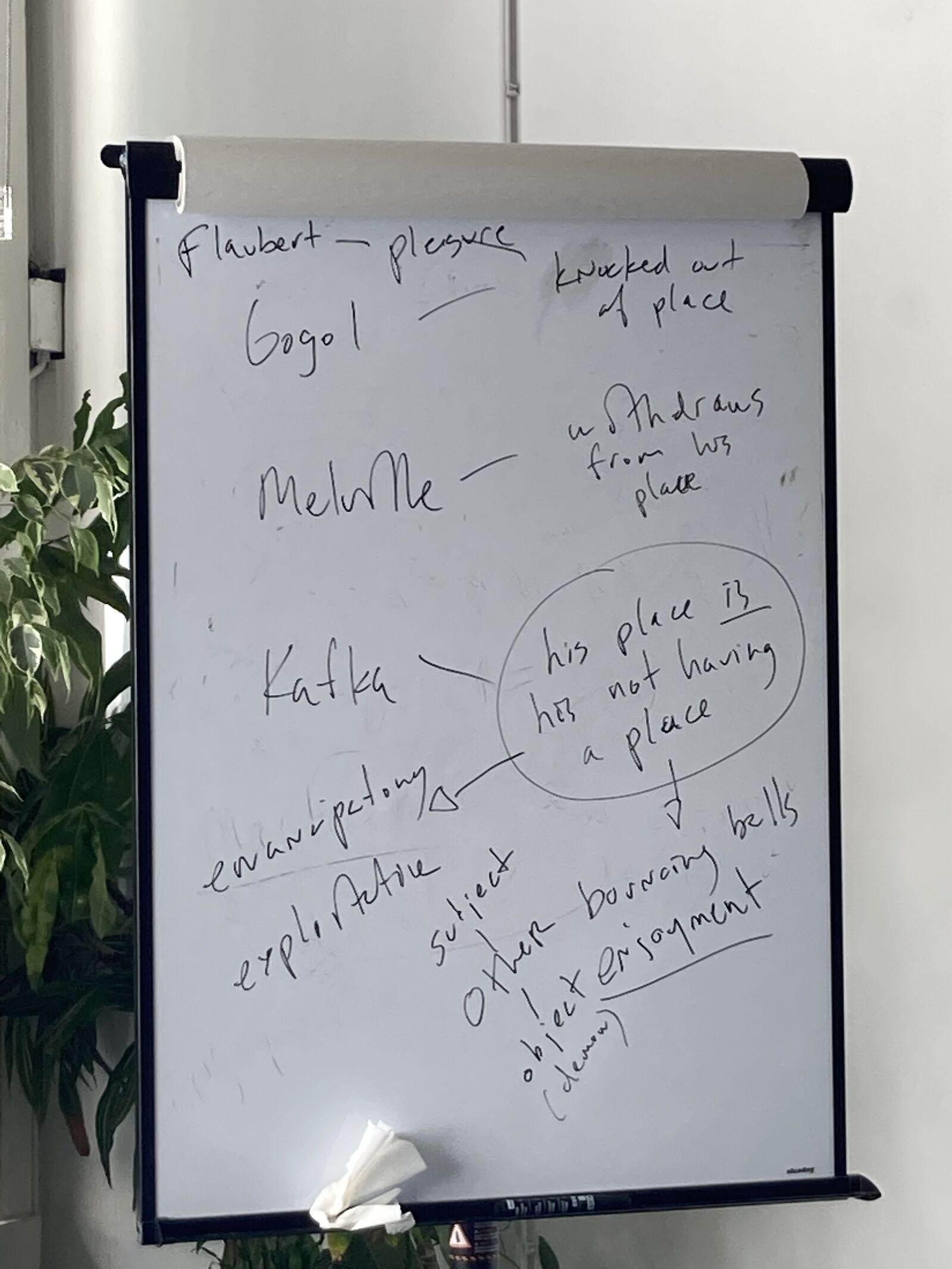
Session III: From the Comedy of Offices to the Office Comedy
May 28 2022
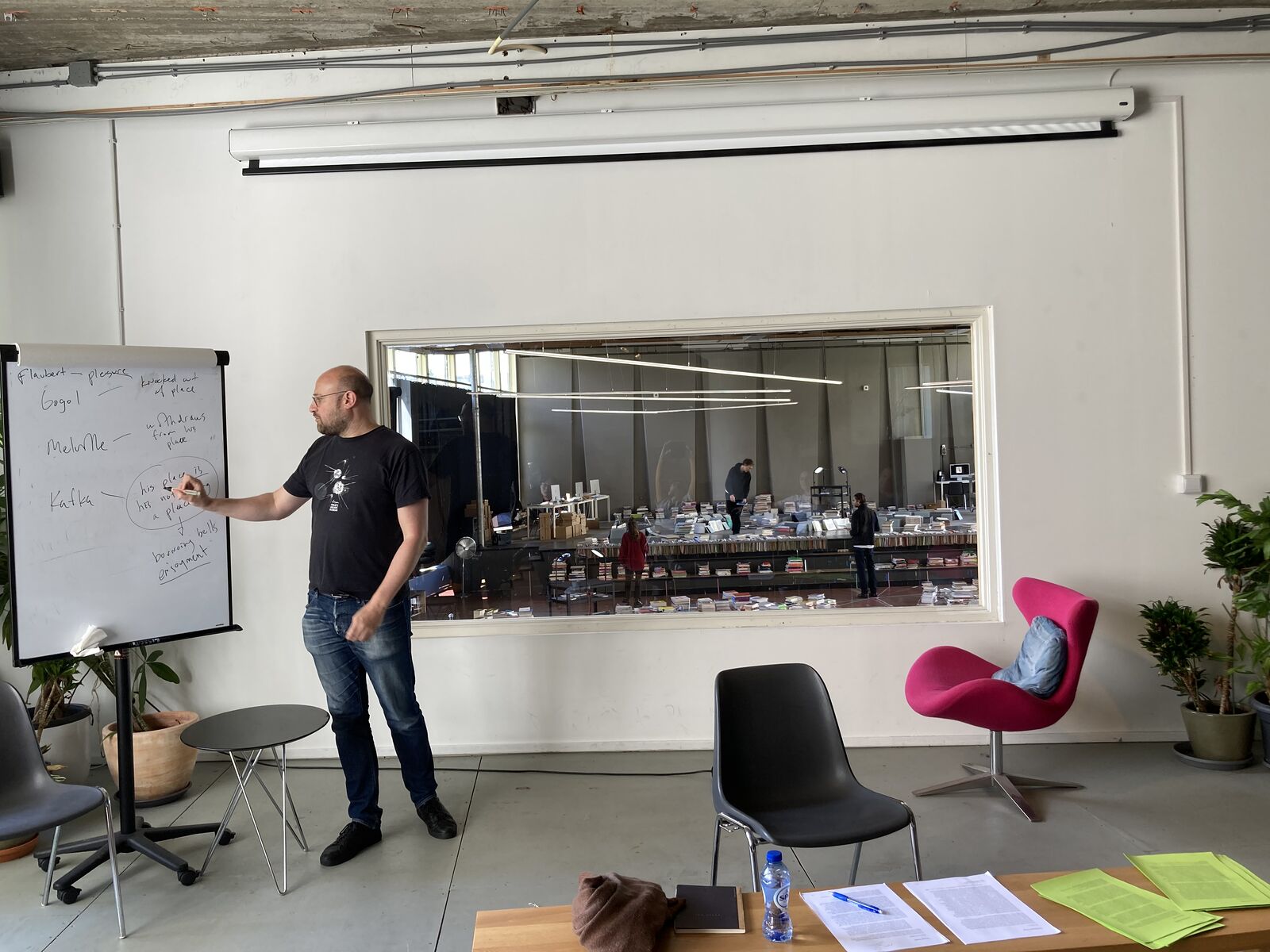
Session III: From the Comedy of Offices to the Office Comedy
May 28 2022
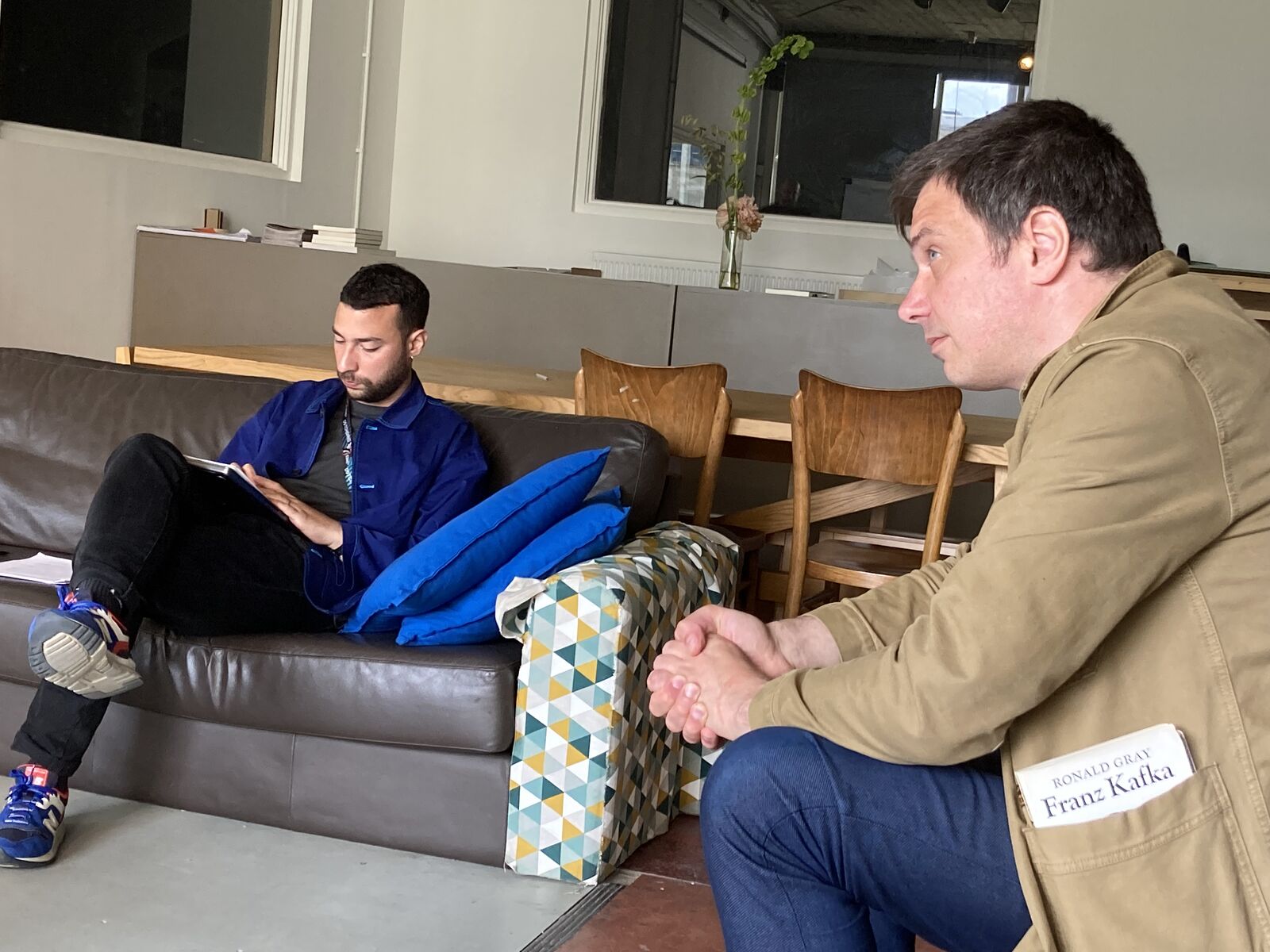
Session III: From the Comedy of Offices to the Office Comedy
May 28 2022
In the context of the exhibition Catching Up in the Archive, philosopher and writer Aaron Schuster (Washington, 1974) leads a three-session seminar addressing contemporary problems concerning the nature of research, novel methods for the production of knowledge, and life and desire both within and without institutions.
The seminar takes its inspiration from Kafka’s philosopher dog, portrayed in his story Investigations of a Dog (1922). Schuster proposes a reading of the story as a screwball tragedy, a tale of the adventures of theory. Kafka’s account of an alienated researcher dog is a speculative fiction-essay that lays out the conditions of philosophy in its relations to knowledge, language, community, and life. The seminar is guided by the following questions: can the dog’s eccentric investigations serve to inspire a new mode of research? What if Kafka’s dog were an unlikely hero of theory for untheoretical times? What would it mean to philosophize with Kafka’s dog? How to do research like a dog?
Artistic Research or Research as a Fine Art: Lessons of Kafka’s Dog is free and open to the public. The only requirement for participation is committing to the seminar’s three sessions that will take place on the following Saturdays: May 7, 21, and 28. Please sign up via: reservations [at] deappel.nl. Participants will receive the assigned reading upon registration.
Session I: 7th of May (11:00am–1:00pm)
Introduction: How to Research Like a Dog
While preoccupied with questions of food, and strangely attracted by music, Kafka’s canine theory incisively investigates a number of topics, including language and silence, knowledge and truth, pleasure and desire, art and institutions, fame and understanding, solitude and solidarity, and freedom and domination—all with dry humour and a neurotic sensibility.
This session is dedicated to the collective reading of Investigations of a Dog, during which participants are encouraged to seriously consider the question of the dog’s ‘system of sciences’ and call for a ‘new science’.
Session II: 21st of May (11:00am–1:00pm)
Institutions and Critique, or The Theory of Incantation
Can the subject be defined in terms of a desire for a place in society, the world, the symbolic order, the desire of others (or the big Other)? What is the nature of an authority that could guarantee such a place? What authorizes a place, a project, an existence?
The dog offers a very original take on the origin and function of institutions, with his ‘theory of incantation, or the song that calls down food.’ This session focuses on the ways that everyone, in one way or another, sings for their ‘food’. We will also engage with the dog’s call for a science of freedom and look at the dog’s research as itself a practice of freedom.
Session III: 28th of May (11:00am–1:00pm)
From the Comedy of Offices to the Office Comedy
“It sometimes seemed as though office and life had switched places”, Kafka writes in his novel The Castle (1926). The office comedy is a popular genre, known today mainly through television and film. But its roots are located in the nineteenth century literature of the clerk (and especially the copyist), including Gogol’s The Overcoat, Melville’s Bartleby the Scrivener, Flaubert’s Bouvard and Pécuchet, and the stories and novels of Kafka.
This session aims at developing a concept of the office comedy, in distinction to what can be called the comedy of offices and showing its relevance for an understanding how authority operates today. Kafka wondered about how it could be possible to aesthetically portray capitalism in such a way that it would not be a ‘fat man in a top hat’ but rather a ‘condition of the soul and world’. The office comedy was his answer, and we will dwell on how capitalism both profoundly affects while also leaving intact more traditional authority structures.
About Aaron Schuster:
Aaron Schuster is a philosopher and writer, based in Amsterdam. He has written on topics such as breakups, the philosophy of tickling, the history of levitation, the comedy of Lubitsch, the theatre of Genet, Kollontai’s Bolshevik feminism, anti-sexuality and complaining, and has collaborated as a writer and dramaturge with artists on a number of projects. He is the author of The Trouble with Pleasure: Deleuze and Psychoanalysis (MIT Press, 2016), and coauthor of Sovereignty, Inc.: Three Inquiries in Politics and Enjoyment (University of Chicago Press, 2020). His book How to Research Like a Dog: Kafka’s New Science will be published by MIT Press in 2023.
